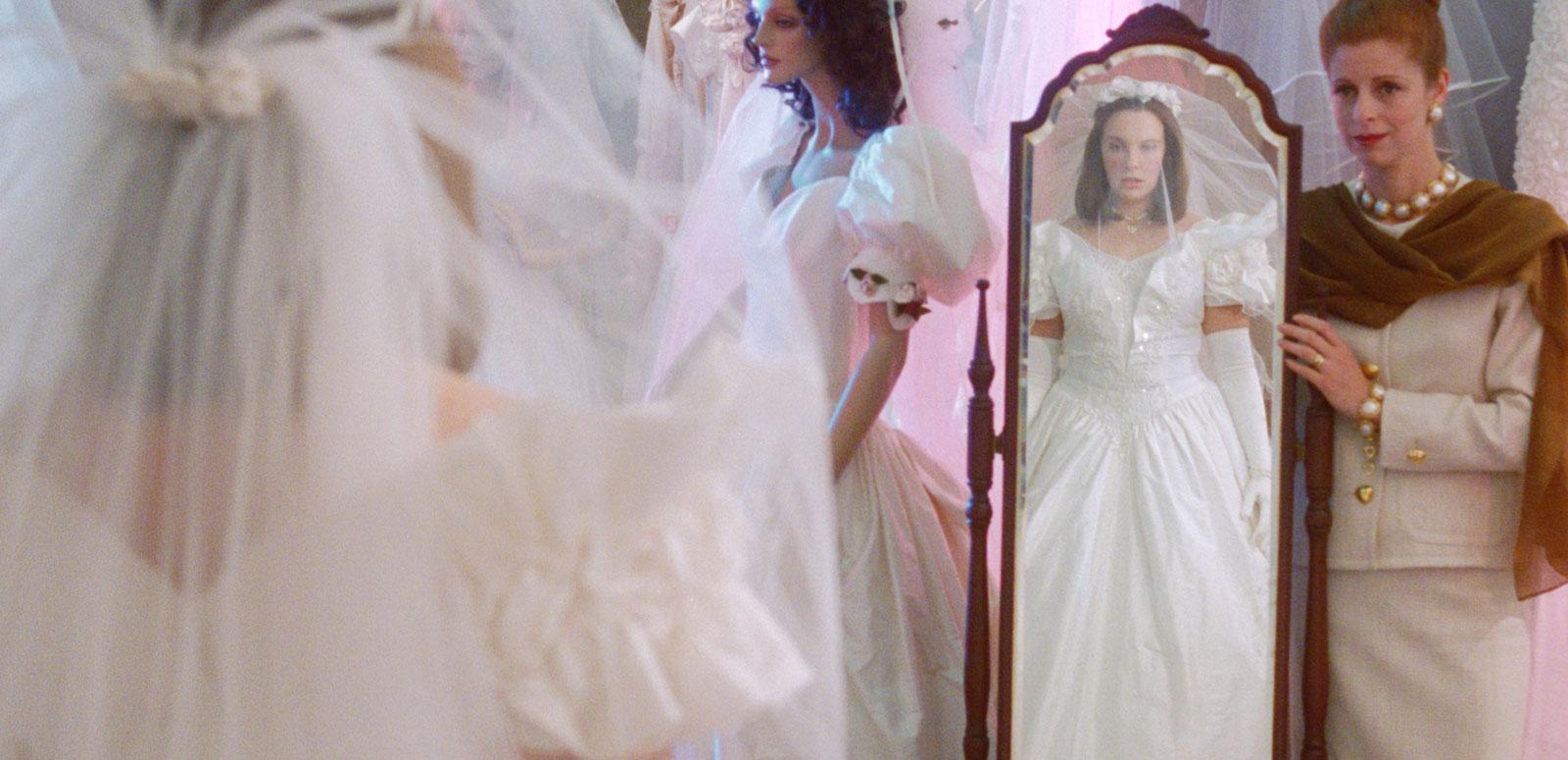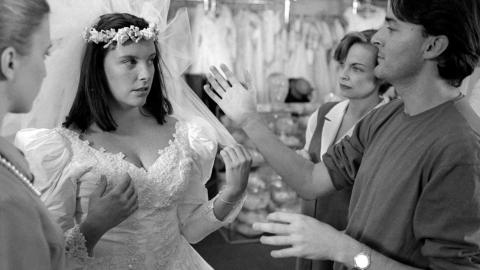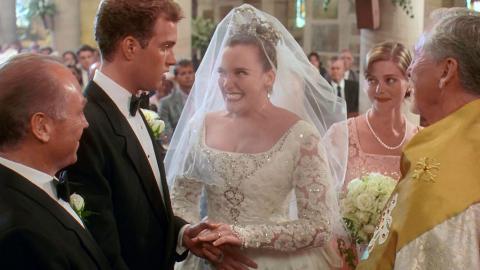Please note: this article discusses a key plot point from Muriel's Wedding
With all the hallmarks of a quirky Aussie comedy – and a Hollywood romance – even 30 years on, Muriel’s Wedding surprises with its layered narrative of self-realisation and the mother wound.




